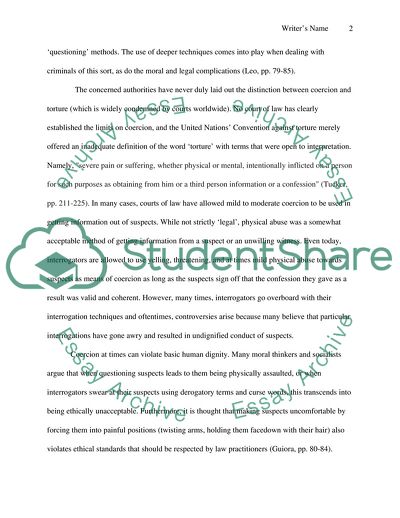Cite this document
(Confronting Terror: Coercion Research Paper Example | Topics and Well Written Essays - 1250 words, n.d.)
Confronting Terror: Coercion Research Paper Example | Topics and Well Written Essays - 1250 words. https://studentshare.org/social-science/1783660-what-constitutes-coercion-criminology
Confronting Terror: Coercion Research Paper Example | Topics and Well Written Essays - 1250 words. https://studentshare.org/social-science/1783660-what-constitutes-coercion-criminology
(Confronting Terror: Coercion Research Paper Example | Topics and Well Written Essays - 1250 Words)
Confronting Terror: Coercion Research Paper Example | Topics and Well Written Essays - 1250 Words. https://studentshare.org/social-science/1783660-what-constitutes-coercion-criminology.
Confronting Terror: Coercion Research Paper Example | Topics and Well Written Essays - 1250 Words. https://studentshare.org/social-science/1783660-what-constitutes-coercion-criminology.
“Confronting Terror: Coercion Research Paper Example | Topics and Well Written Essays - 1250 Words”. https://studentshare.org/social-science/1783660-what-constitutes-coercion-criminology.


